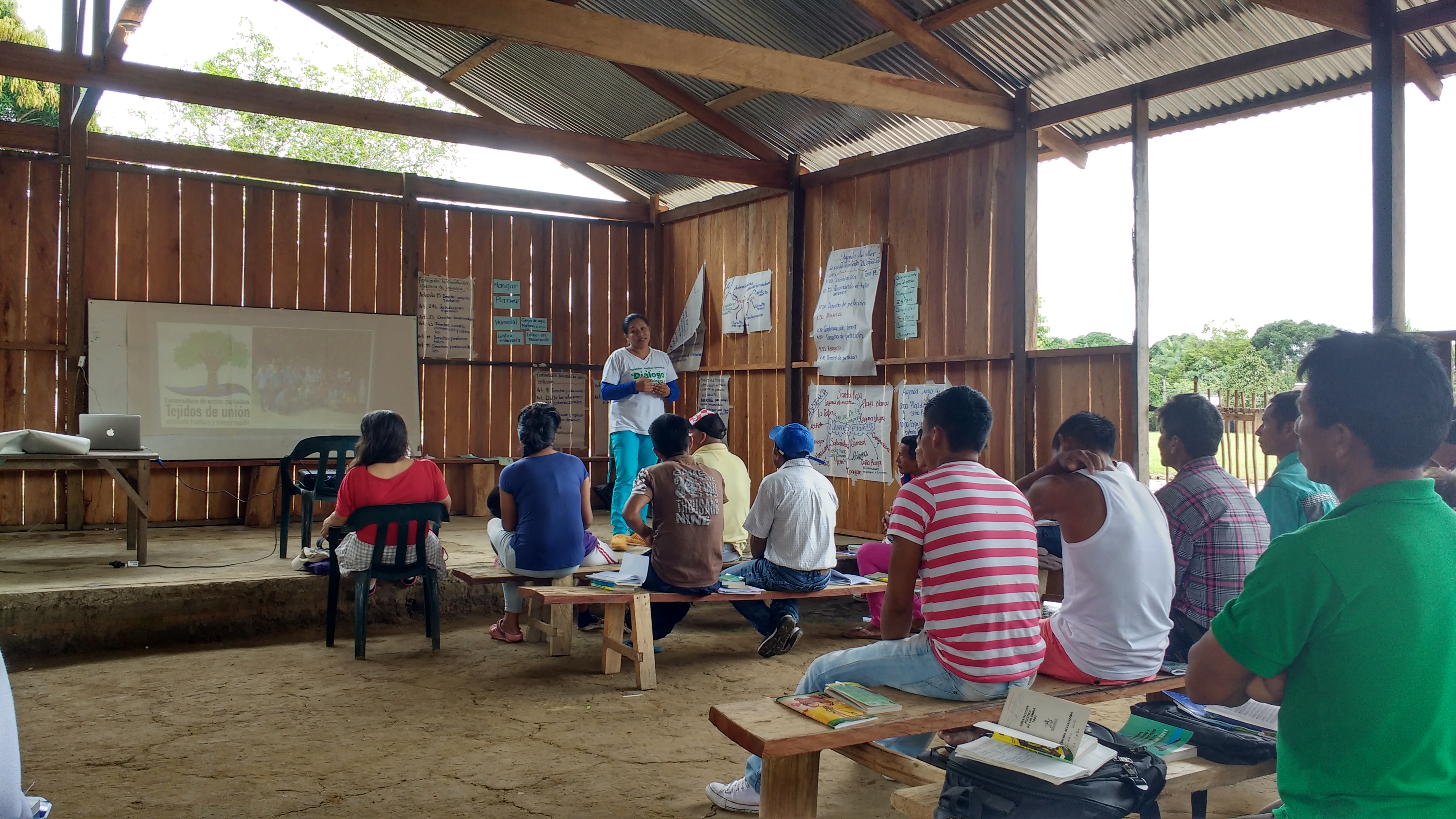Policy Frameworks in the Scope of Transitioning to Low Carbon Sea Transport in the Marshall Islands
IMO Capacity Development Workshop
Chewy Lin
The national fleet of the Republic of the Marshall Islands (RMI) highly depends on imported fuels and is therefore a significant source of GHG-emissions. The bilateral program “Transitioning to Low Carbon Sea Transport (LCST)” implemented by RMI and the Gesellschaft für internationale Zusammenarbeit (GIZ) aims at supporting the RMI Government´s planning and decision-making processes with respect to its low carbon future and the reduction of GHG-emissions from domestic sea transport, through consultancy, research, training, coordination of policy support to RMI and supporting in delivering RMI’s commitments under UNFCCC to achieve reduced GHG emissions from domestic shipping 40% below 2010 levels by 2030 and full decarbonization by 2050.
The Marshallese Government founded and is an active member of the High Ambition Coaltion for Shipping (SHAC) at IMO and UNFCCC and due to their ambition, the group of supporters of an ambitious contribution of sea transport to the climate goals is growing. Due to the COVID-19 pandemic, international meetings and high-level conferences are taking place remotely to a high extend.
The development and facilitation of capacity development under the LCST project has the aim to enhance knowledge of IMO structures and ways to contribute to high-level forums and negotiations such as UNFCCC for different ministries in RMI. RMI plays a key role in securing ambitious goals and climate leadership continously develops with the support of partners to RMI. Through workshops, support on negotiation techniques and media outreach, visibility and recognition is increased and RMI's voice heard on the international stage.
Together with Independent Diplomat, the project supports the RMI Government in actively participating at high-level policy negotiations and conferences such as the High Ambition Coalition and the IMO.
Developing distance learning resources, presentations and briefs on climate mitigation in shipping to provide an overview of air emissions and climate change issues in maritime transport are highly important
Developing international responses and frameworks to climate change by the shipping sector and delivering web-based information sessions on climate mitigation in shipping and maritime transport help to facilitate workshops in the region and other SIDS.
Highlighting past and on-going IMO activities and the wider industry equip partners with knowledge of relevant debates leading to the adoption and implementation of positions, strategies and declarations in international high-level forums.
